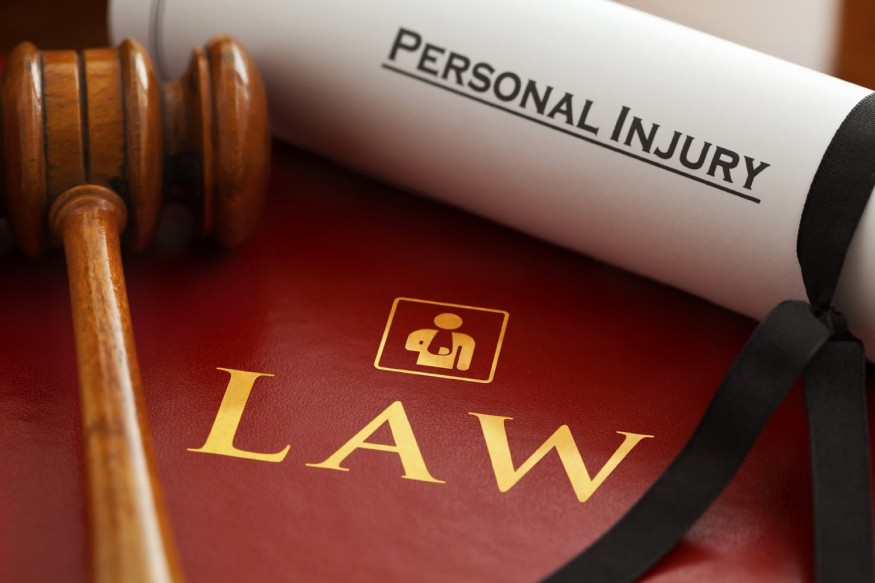
Have you ever suffered from a personal injury that wasn't your fault? If yes, then you know how frustrating it can be to deal with the consequences of someone else's negligence.
Personal injury claims are a complex area of law to navigate. So, we looked at how the personal injury lawyers at MNHInjuryLawyers.com help establish negligence for their clients.
What Is Negligence?
If you're injured in an accident that was not your fault, you may wonder if the other party can be held liable. The legal term for this is negligence. It occurs when someone fails to take reasonable care to avoid causing an injury to another person.
There are four elements present in establishing negligence. The first element is duty. It is a legal obligation to take care not to cause harm to others. For example, all drivers must safely operate their vehicles.
The second element is a breach. It's a failure to meet the standard of care required by law. For example, if a driver runs a red light and hits another vehicle, they have breached their duty of care.
The third element is causation. It's where things get complicated. For negligence to be proven, you must show that the defendant's actions (or lack thereof) were the direct cause of the plaintiff's injuries. This can sometimes be difficult to prove if there are multiple potential causes of the accident or if the plaintiff has preexisting injuries.
The fourth and final element is damage. The plaintiff must have suffered injuries as a result of the defendant's negligence for there to be a successful claim. This could include physical injuries, emotional distress, or property damage.
Establishing Negligence in a Personal Injury Claim
To establish negligence in a personal injury claim, the plaintiff must prove that the defendant owed the plaintiff a duty of care, breached that duty, and that the breach was the proximate cause of the plaintiff's injuries.
Duty of care is established by looking at the relationship between the parties. The courts will ask whether a reasonable person in the defendant's position would have foreseen that their actions could result in injuries or harm to the plaintiff. If it's decided that such a reasonable person would have foreseen the outcome, then the defendant is said to owe the plaintiff a duty of care.
Once negligence has been established that the defendant owed the plaintiff a duty of care, the court will ask whether the defendant breached that duty. This is typically done by looking at what a reasonable person in the defendant's position would have done in similar circumstances. If it's decided that the defendant's actions were unreasonable, they are said to have breached their duty of care.
The last element required to establish negligence is causation. The plaintiff must prove that, but for the defendant's breach of duty, they would not have suffered any injury. In other words, there must be a causal link between the breach and the injuries sustained by the plaintiff.
If all three elements - duty of care, breach of duty, and causation - are proved by the plaintiff, then negligence is established.
Four Types of Damages
Compensatory damages are the most common damage awarded in a negligence claim. It's intended to compensate the victim for their losses, such as medical bills, lost wages, and property damage.
Punitive damages are less common than compensatory damages but awarded if the defendant's actions are particularly egregious. Punitive damages punish the defendant and deter others from engaging in similar behavior.
Nominal damages are awarded if the victim did not suffer any actual losses but violated their rights. Nominal damages are usually small amounts.
Emotional damages are awarded when the victim has suffered severe emotional distress, such as PTSD or anxiety. Emotional damages compensate the victim for their psychological suffering.
Conclusion
Establishing negligence is a crucial step in any personal injury claim. Without evidence of someone else's negligence or fault, you won't be able to receive compensation for your injuries and damages.
Given that, it's best to speak with a qualified attorney to discuss how you can demonstrate that your injuries resulted from negligence. With the knowledge and guidance of an experienced lawyer, you may get justice and compensation following an accident.
© 2026 ScienceTimes.com All rights reserved. Do not reproduce without permission. The window to the world of Science Times.











